Category: Uncategorized
Elevating Self and Relationships: The Transformative Power of Mindfulness
In the quest for personal growth and stronger connections with others, the practice of mindfulness emerges as a potent catalyst. This article delves into how incorporating mindfulness into our daily lives can serve as a cornerstone for self-improvement and the enhancement of meaningful relationships.
Self-Discovery through Mindfulness
Mindfulness invites us to turn inward and explore the depths of our thoughts and emotions without judgment. This process of self-discovery is pivotal for personal development. By becoming more attuned to our own needs, desires, and fears, we lay the foundation for constructive self-improvement.
Spend a few minutes each day in quiet reflection. Observe your thoughts and emotions without judgment. Recognize patterns, identify sources of stress, and acknowledge moments of joy. This self-awareness lays the groundwork for targeted self-improvement efforts.
Breaking Free from Limiting Beliefs
The societal constructs of “normalcy” often impose limitations on our personal and relational growth. Mindfulness helps individuals break free from these constraints by fostering an attitude of acceptance. As we embrace the diversity of our thoughts and experiences, we liberate ourselves from self-imposed restrictions, paving the way for personal transformation.
Challenge a self-limiting belief by questioning its origin and validity. If you believe you’re not good at public speaking, practice mindfulness to observe that fear without judgment. Gradually, expose yourself to small speaking opportunities, realizing that growth is possible beyond perceived limitations.
Strengthening Emotional Intelligence
Mindfulness cultivates emotional intelligence by encouraging a non-judgmental awareness of our feelings. This heightened emotional awareness translates into improved self-regulation and empathy. As we navigate our own emotional landscape with mindfulness, we naturally develop a deeper understanding of others, fortifying the bonds within our relationships.
When faced with a challenging situation, take a moment to identify and label your emotions. For instance, “I am feeling frustrated right now.” This simple act of recognizing emotions enhances self-regulation and sets the stage for empathetic responses in your interactions with others.
Nurturing Presence in Relationships
Meaningful connections thrive on presence — the ability to fully engage in the current moment. Mindfulness, with its focus on being present without distractions, becomes a powerful tool for cultivating richer, more meaningful relationships. By bringing our full attention to interactions, we create a space for authentic connection and communication.
During conversations with loved ones, put away distractions like phones and actively listen. Engage in eye contact, nod in acknowledgment, and provide thoughtful responses. This intentional presence communicates that you value the person and the moment, fostering a deeper connection.
Conflict Resolution with Mindful Approaches
Mindfulness equips individuals with the skills to navigate conflicts with composure and understanding. Instead of reacting impulsively, mindful individuals can respond thoughtfully, considering the perspectives of others. This approach is invaluable in resolving conflicts constructively and nurturing healthier relationships.
Instead of reacting impulsively during a disagreement, take a mindful pause. Acknowledge your emotions, consider the perspective of the other person, and choose a response that promotes understanding. This mindful approach transforms conflicts into opportunities for growth and compromise.
Mindful Communication
Effective communication is the cornerstone of strong relationships. Mindfulness encourages us to communicate with intention and active listening. By being fully present in conversations, we create an environment where both self-expression and understanding can flourish, fostering stronger bonds.
Practice “mindful speaking” by choosing words deliberately. Before responding, take a breath and consider the impact of your words. This not only enhances the clarity of your communication but also fosters an environment where open and respectful dialogue can flourish.
Collective Mindfulness for Relationship Harmony
As individuals embrace mindfulness, the ripple effect extends to the collective, impacting the dynamics of relationships within families, communities, and workplaces. A shared commitment to mindfulness creates an environment where mutual respect, empathy, and support flourish, contributing to a harmonious social ecosystem.
Encourage shared mindfulness practices within a group or family. This could involve a brief mindfulness exercise before important discussions or setting aside dedicated time for group meditation. The collective commitment to mindfulness creates an environment of mutual support and understanding.
In the journey towards self-improvement and enriched relationships, mindfulness serves as a guiding light. By fostering self-discovery, breaking free from limiting beliefs, and nurturing present, empathetic connections, mindfulness becomes a transformative force. Embrace the practice, and witness not only personal growth but also the flourishing of more profound, fulfilling relationships in your life.
Reflect on your journey of incorporating mindfulness into your daily life. Notice how moments of self-discovery, breaking free from limiting beliefs, and practicing mindful communication have positively influenced your self-improvement and relationships. Celebrate small victories and remain committed to the ongoing journey of personal and relational growth through mindfulness.
The role of boundaries in the family
Boundaries exist in every relationship, and family dynamics are no exception. However, let’s think about the differences between maintaining healthy boundaries with strangers or acquaintances and navigating the complexities of familial relationships. The belief that family members should go above and beyond for each other can sometimes blur the lines, leading to unmet expectations and unnecessary conflicts.
Boundaries within a family can be broken for various reasons, stemming from complex dynamics and ingrained beliefs. Understanding these factors is crucial for fostering healthier relationships within the family unit. Here are some common reasons why boundaries may be broken within a family.
Unrealistic Expectations
The belief that family members should go above and beyond for each other can set unrealistic expectations. When individuals anticipate unwavering support without considering personal boundaries, it can lead to disappointment and conflict.
Entitlement
A sense of entitlement within a family can erode boundaries. When family members feel entitled to certain behaviors or actions from each other, it can create an environment where personal space and individual needs are overlooked.
Societal Expectations
Cultural or societal expectations may contribute to the breaking of boundaries within a family. Traditional beliefs about roles and responsibilities can lead individuals to feel obligated to meet certain expectations, even if it means sacrificing their personal boundaries.
Lack of Communication
Inadequate communication about individual needs and expectations can result in broken boundaries. When family members assume that others should intuitively understand their desires or limits, misunderstandings and conflicts can arise.
Family Roles and Dynamics
Established family roles and dynamics can sometimes undermine healthy boundaries. For example, the expectations placed on specific family members to always provide support or to prioritize the needs of others may lead to an imbalance and the breaking of personal boundaries.
Emotional Dependence
Emotional dependence on family members can lead to the breaking of boundaries. When individuals rely heavily on family for emotional support, it may create an environment where personal boundaries are compromised in the pursuit of meeting emotional needs.
Lack of Individual Identity
When family members struggle with forming their individual identities separate from the family unit, boundaries may be blurred. The desire to conform or please others can override the need for personal space and autonomy.
Unresolved Family Issues
Past conflicts or unresolved issues within the family can contribute to the breaking of boundaries. Lingering resentments or unaddressed concerns may manifest in behaviors that disregard the boundaries of others.
Misalignment of Values
Differences in values, beliefs, and priorities among family members can lead to clashes in expectations and boundaries. Without open communication and a willingness to understand diverse perspectives, boundaries may be unintentionally violated.
Generational Patterns
Family patterns and behaviors learned from previous generations can influence how individuals perceive and respect boundaries. Breaking generational patterns may require conscious efforts to establish healthier boundaries within the family.
Recognizing these reasons and fostering open communication within the family are essential steps toward maintaining and respecting boundaries. Building a culture of mutual understanding and acknowledging individual autonomy can contribute to stronger and more harmonious familial relationships.
The Role of Trust in the Family Dynamics
Trust is the cornerstone of any healthy and thriving relationship, and within family dynamics, its role is paramount. The level of trust within a family unit profoundly influences the quality of relationships, communication, and overall well-being. Let’s explore how trust plays a crucial role in family dynamics.
Open communication
Trust creates a foundation for open and honest communication within the family. When family members trust one another, they feel secure expressing their thoughts, feelings, and concerns without fear of judgment or repercussion. This open communication fosters understanding and helps prevent misunderstandings.⇒
Vulnerability and Support
Trust allows family members to be vulnerable with each other. It creates a safe space where individuals can share their insecurities, challenges, and dreams, knowing that they will be met with empathy and support. In a trusting family environment, vulnerability becomes a strength rather than a weakness. ⇒
Respect for Boundaries
Trust is closely linked to respecting personal boundaries within a family. When trust is present, family members are more likely to acknowledge and honor each other’s need for space, autonomy, and individuality. This mutual respect strengthens the overall fabric of the family. ⇒
Dependability and Reliability
Trust instills a sense of dependability and reliability within the family unit. Family members can count on each other to fulfill commitments, provide support during challenging times, and be consistent in their actions. This reliability creates a sense of security and stability. ⇒
Conflict Resolution
Trust is crucial for effective conflict resolution. In a trusting family, conflicts are approached with the belief that each member has the best interests of the family at heart. This belief fosters a collaborative problem-solving approach rather than an adversarial one. ⇒
Emotional Safety
Trust contributes to emotional safety within the family. Family members feel secure in expressing their emotions, knowing that they won’t be dismissed or invalidated. This emotional safety promotes a sense of belonging and encourages individuals to share their joys and sorrows without reservation. ⇒
Building Strong Bonds
Trust forms the foundation for building strong and enduring bonds within the family. As family members consistently demonstrate trustworthiness, the bonds of love, loyalty, and connection deepen. These bonds create a support system that withstands the tests of time. ⇒
Promoting Independence
In a trusting family environment, individuals are encouraged to pursue their goals and aspirations independently. Trust allows family members to believe in each other’s capabilities, fostering an atmosphere where personal growth and independence are celebrated rather than hindered. ⇒
Shared Values and Expectations
Trust is closely tied to shared values and expectations. When family members trust that everyone is working towards common goals and upholding shared values, it strengthens the family’s sense of purpose and unity. ⇒
Forgiveness and Resilience
Trust contributes to the family’s ability to forgive and bounce back from challenges. When trust is the foundation, family members are more likely to approach mistakes or conflicts with a willingness to forgive, learn, and grow together. ⇒
In essence, trust is the glue that holds family dynamics together. It creates an environment where love, understanding, and support can flourish, fostering a resilient and harmonious family unit. Nurturing trust requires ongoing effort, communication, and a shared commitment to building and maintaining strong connections within the family.
About alcohol abuse
Knowing about alcohol abuse is crucial because it helps individuals understand the risks associated with excessive drinking. Alcohol abuse can lead to a wide range of physical and mental health problems, including liver damage, heart disease, and cognitive impairment. Additionally, alcohol abuse can increase the risk of accidents and injuries, such as car crashes and falls. Knowing about the signs and symptoms of alcohol abuse can also help individuals identify when they or someone they know may need help. Finally, understanding the impact of alcohol abuse on families and communities can help raise awareness and promote responsible drinking behavior. Overall, knowing about alcohol abuse is essential for promoting health and well-being and reducing the negative consequences of excessive drinking.
Facts: How much is too much
Based on the most recent international research data, moderate alcohol consumption is defined as up to one standard drink per day for women and up to two standard drinks per day for men. A standard drink typically contains 14 grams of pure alcohol, which is equivalent to a 12-ounce beer, a 5-ounce glass of wine, or a 1.5-ounce shot of liquor. However, it is important to note that these guidelines are intended for healthy adults and may not apply to individuals with certain health conditions or who are taking certain medications. Furthermore, the risks associated with alcohol consumption increase with higher levels of drinking, and binge drinking (defined as consuming four or more drinks on a single occasion for women or five or more drinks for men) is associated with a wide range of negative health outcomes. It is always important to consume alcohol in moderation and to be aware of the risks associated with excessive drinking.
Alcohol abuse and risks of addiction
Alcohol abuse is a serious problem that affects millions of people worldwide, including Canada. According to a report by the Canadian Centre on Substance Use and Addiction (CCSA), alcohol is the most commonly used substance in Canada. The report also states that in 2018, 3.3 million Canadians aged 15 years and older reported heavy drinking, which is defined as consuming five or more drinks on a single occasion at least once a month.
One of the biggest risks associated with alcohol abuse is the development of addiction. Research has shown that genetic, environmental, and individual factors can contribute to the risk of developing alcohol addiction. A study conducted by the CCSA found that 21% of Canadians who reported heavy drinking met the criteria for alcohol dependence, indicating a high risk of addiction.
Alcohol addiction can have a significant impact on a person’s physical, mental, and social well-being. Long-term alcohol abuse can lead to liver damage, heart disease, high blood pressure, stroke, and cancer. It can also increase the risk of accidents and injuries, such as falls, burns, and car crashes. Furthermore, alcohol addiction can lead to cognitive impairment, memory loss, and other mental health issues.
We are here to help
It is essential to seek help as soon as possible if you or someone you know is struggling with alcohol addiction. Treatment typically involves a combination of medication, therapy, and support groups. However, only a small percentage of Canadians who need help for alcohol addiction actually receive treatment. The CCSA report found that only 10% of Canadians who reported heavy drinking received treatment for alcohol dependence.
Prevention is also a crucial aspect of addressing alcohol abuse and addiction. Parents, schools, and communities can play a critical role in preventing alcohol abuse by educating young people about the risks of excessive drinking and promoting responsible alcohol use. The CCSA report also recommends increasing access to treatment and support services for those struggling with alcohol addiction.
In conclusion, alcohol abuse and addiction are serious issues that can have a significant impact on a person’s physical, mental, and social well-being. The risk of addiction is high for Canadians who report heavy drinking, highlighting the need for increased awareness and access to treatment and support services. Prevention is also crucial, and parents, schools, and communities can play a critical role in promoting responsible alcohol use and educating young people about the risks of excessive drinking. By working together, we can address the issue of alcohol abuse and addiction in Canada and help those who are struggling to find the support and treatment they need to recover.
Marital conflict
Our Marital Conflict and Resolution Professionals are ready to help you with issues that may be impacting your relationship and interfering with your happiness.
Conflict in a marriage can arise from a multitude of factors, ranging from differences in values and expectations to communication breakdowns and unresolved emotional baggage. It can manifest in various ways, such as heated arguments, silent treatments, or passive-aggressive behaviors, often resulting in emotional distress, tension, and strain on the relationship. The underlying issues may include unmet needs, unresolved conflicts, and unexpressed emotions that can fester over time and create a rift between partners. If Marital Conflict is left unaddressed, marital conflict can have detrimental effects on the emotional well-being and stability of the relationship, highlighting the importance of effective communication, mutual respect, and willingness to work through challenges for a healthy and thriving marriage.
Reasons for marital conflict
There are many reasons why conflict can arise in a marriage. Here are some of the most common reasons for conflict in a marriage:
Communication problems
Poor communication is often at the root of conflicts in a marriage. If one or both partners are not effectively communicating their needs, feelings, and concerns, it can lead to misunderstandings and disagreements.


Differences in expectations
Each partner in a marriage may have different expectations about what their relationship should look like, how much time they should spend together, how they should handle finances, and so on. These differences can lead to conflict if they are not addressed and resolved.
Financial stress
Money is a common source of stress and conflict in a marriage. If one or both partners are struggling financially or have different attitudes toward money, it can lead to disagreements and tension.


Infidelity
Cheating or infidelity can cause a significant breach of trust in a marriage and can lead to feelings of anger, betrayal, and hurt.
Parenting disagreements
If partners have different ideas about how to raise their children, it can lead to disagreements about discipline, education, and other parenting issues.

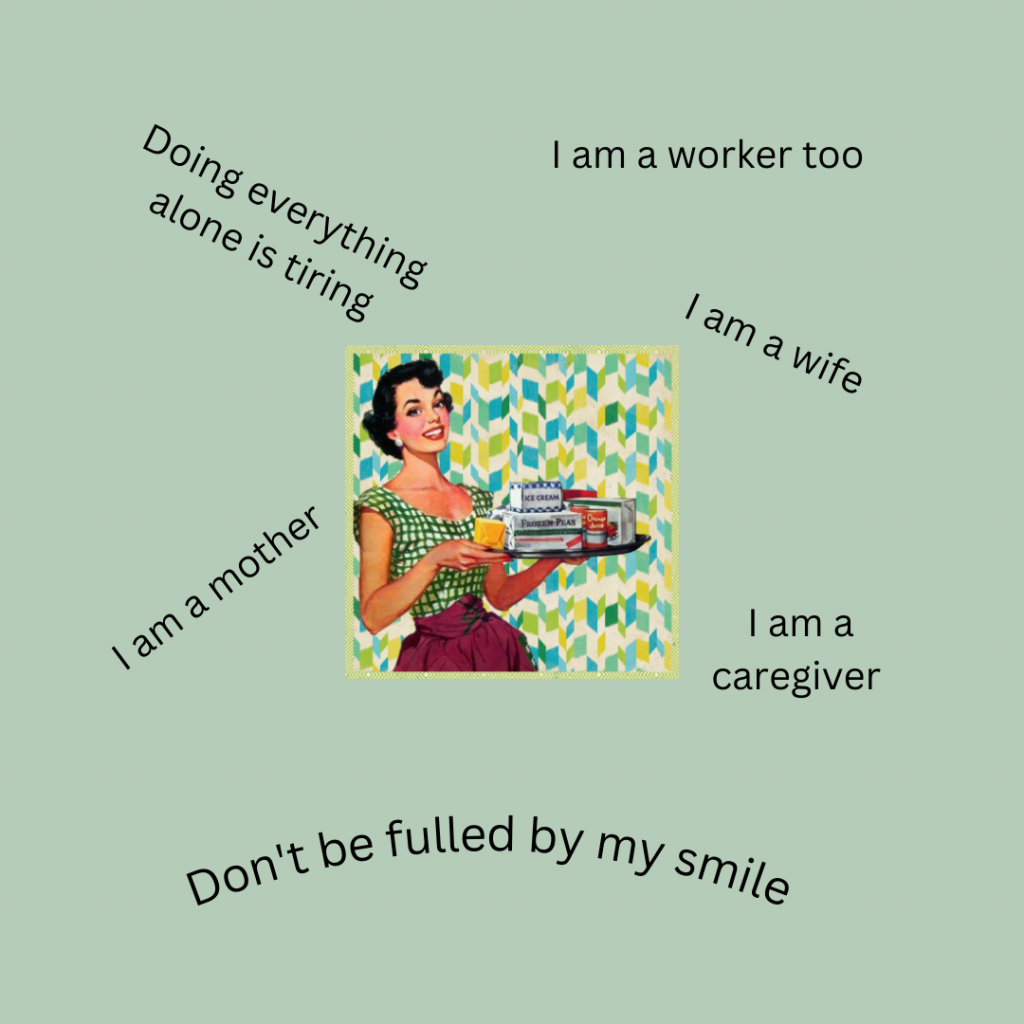
Household responsibilities
Disagreements about household responsibilities, such as cleaning, cooking, and childcare, can lead to conflict if one partner feels overburdened or feels like the other is not doing their fair share.
Lack of intimacy
If one or both partners feel unsatisfied with the level of intimacy in their relationship, it can lead to feelings of resentment, frustration, and conflict.
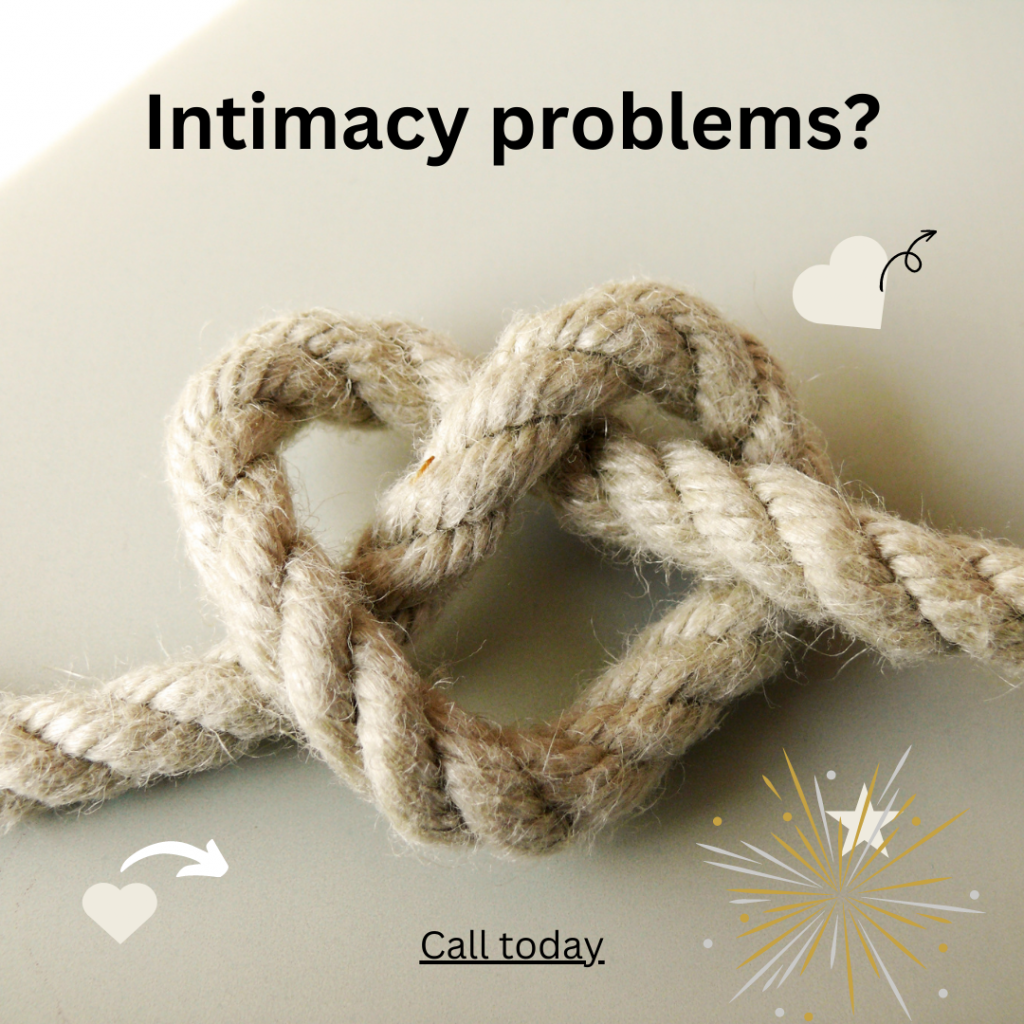
These are just some of the many reasons why conflicts can arise in a marriage. It’s important to recognize that conflicts are a normal part of any relationship and that the key to resolving them is effective communication, compromise, and a willingness to work together toward a common goal
Mental illness affects physical health
Here are some ways in which mental illness can affect physical health:
- Stress: Mental illness can cause chronic stress, which can lead to a number of physical health problems, such as high blood pressure, heart disease, and obesity.
- Sleep problems: Many mental illnesses can cause sleep disturbances, such as insomnia or hypersomnia, which can lead to fatigue, decreased immune function, and other physical health problems.
- Substance abuse: Some people with mental illness may turn to drugs or alcohol as a way to cope, which can have negative effects on physical health, such as liver damage, cardiovascular disease, and cancer.
- Poor self-care: Mental illness can make it difficult for individuals to care for themselves properly, which can lead to neglect of physical health, including poor nutrition, lack of exercise, and failure to seek medical care.
- Chronic pain: Some mental illnesses can cause physical symptoms, such as chronic pain, headaches, and gastrointestinal problems, which can further impact physical health and well-being.
It’s important to note that mental illness and physical health are interconnected, and treating one can improve the other. Seeking professional help and getting treatment for mental illness can help improve both mental and physical health.
Mental illness affects not only a person’s mental health but also their physical health. The two are interconnected, and one can have a significant impact on the other. Mental illness can cause physical symptoms, and physical illness can lead to mental health problems. In this article, we will explore how mental illness affects physical health and what can be done to prevent or manage these effects.
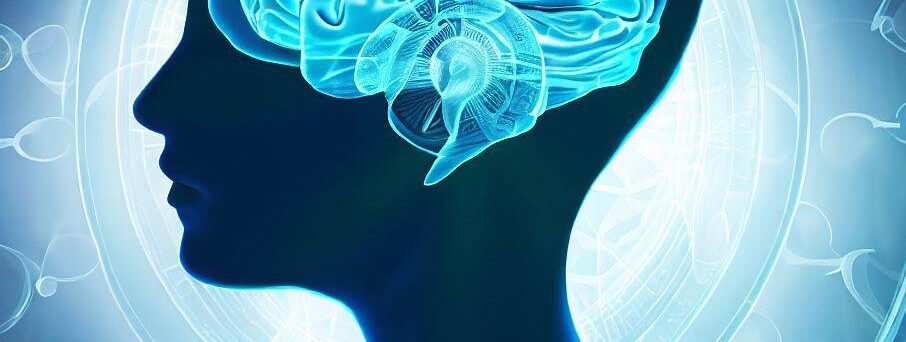
The importance of your mental health
In today’s fast-paced world, it can be easy to prioritize one’s physical health over one’s mental health. Many of us focus on maintaining a healthy diet, staying active, and getting enough sleep, but we often neglect the importance of taking care of our mental well-being. However, it is crucial to recognize that mental and physical health are equally important and interconnected. In this blog post, we will discuss why this is the case and why it is essential to prioritize both mental and physical health.
Firstly, mental and physical health are interconnected. Our mental health can affect our physical health, and our physical health can affect our mental health. For example, chronic physical conditions can lead to depression and anxiety, while mental health problems such as stress and anxiety can lead to physical symptoms such as headaches, muscle tension, and fatigue. Neglecting one’s mental health can have serious physical consequences, and neglecting one’s physical health can have serious mental consequences.
Secondly, mental health is just as important as physical health. Mental health affects every aspect of our lives, including our relationships, work, and overall quality of life. When we neglect our mental health, we can experience symptoms such as anxiety, depression, and stress, which can lead to difficulty functioning in our daily lives. Prioritizing our mental health can help us cope with the challenges of daily life and improve our overall well-being.
Thirdly, taking care of our physical health can also benefit our mental health. Exercise, for example, is not only good for our physical health but can also reduce symptoms of anxiety and depression. A healthy diet can also improve our mental well-being, as certain nutrients such as omega-3 fatty acids have been shown to improve brain function and reduce symptoms of depression. Getting enough sleep is also essential for our mental health, as lack of sleep can lead to anxiety and depression.
Finally, prioritizing both mental and physical health can lead to a better overall quality of life. When we take care of ourselves both physically and mentally, we are more likely to be able to enjoy our lives to the fullest. We are more likely to have the energy to pursue our passions, the ability to form and maintain meaningful relationships, and the resilience to cope with the challenges of life.
In conclusion, mental and physical health are equally important, and neglecting either can have serious consequences. Prioritizing both mental and physical health can lead to a better overall quality of life, improved well-being, and increased resilience in the face of life’s challenges. It is essential to recognize the interconnectedness of mental and physical health and to take care of ourselves in all aspects of our health and well-being.
Preventing and managing the effects of mental illness on physical health
There are several steps that individuals can take to prevent or manage the effects of mental illness on physical health. Here are some examples:
Seek professional help: It’s essential to seek help from a mental health professional if you are experiencing symptoms of mental illness. A mental health professional can provide treatment, support, and guidance to manage symptoms and prevent their negative impact on physical health.
Practice stress-reducing activities: Activities such as meditation, deep breathing exercises, and yoga can help reduce stress levels and improve physical health.
Engage in regular exercise: Regular exercise is an excellent way to manage symptoms of mental illness while improving physical health. Exercise has been shown to reduce symptoms of depression and anxiety and improve overall physical health.
Eat a balanced diet: Eating a balanced diet can help improve physical health while also managing symptoms of mental illness. A healthy diet can improve energy levels, reduce inflammation, and promote overall health.
Avoid substance abuse: Avoiding alcohol and drug use can help prevent the negative impact of mental illness on physical health. Substance abuse can lead to chronic health problems and worsen mental health symptoms.

Mental illness and physical health are interconnected, and one can have a significant impact on the other. Mental illness can cause physical symptoms, and unhealthy behaviors, and weaken the body’s immune system, making individuals more susceptible to illnesses.
However, there are steps individuals can take to prevent or manage the effects of mental illness on physical health, including seeking professional help, practicing stress-reducing activities, engaging in regular exercise, eating a balanced diet, and avoiding substance abuse. By taking care of both mental and physical health, individuals can improve their overall quality of life.
Growing up with addicted parents
Growing up with addicted parents can be an incredibly difficult experience for children. Addiction can impact every aspect of a family’s life, from the emotional well-being of each family member to the practical aspects of day-to-day living. Children who grow up in households where addiction is present often face unique challenges that can affect their development and future.
One of the most significant challenges that children of addicted parents face is emotional instability. Addiction is often accompanied by mood swings, outbursts of anger, and unpredictable behavior. Children may never know what to expect from their parents, which can lead to feelings of anxiety, fear, and confusion. This can make it challenging for them to form healthy relationships in the future, as they may struggle to trust others or feel safe around them.
One of the most significant issues that these children face is anger management problems. Children living in households with addicted parents often experience a range of emotions, including fear, sadness, guilt, and anger. However, anger, in particular, can be a prevalent and disruptive emotion for these children.
Children who struggle with anger management issues may display it in the form of outbursts, temper tantrums, verbal or physical aggression, and even self-harm. These behaviors can create additional stress for the child and the family, exacerbating the challenges of living with addiction.
Children of addicted parents may also face the risk of neglect or abuse. Addiction can impair a parent’s judgment and decision-making abilities, making it difficult for them to prioritize their children’s needs. In extreme cases, addiction can lead to neglect or abuse of children, as parents may be too intoxicated or preoccupied to care for them properly. This can have lasting effects on a child’s mental health and well-being, leading to long-term trauma or even physical harm.They may be physically present but emotionally absent, leaving children feeling lonely, isolated, and confused

Addiction can lead to financial instability, as parents may struggle to hold down a job or prioritize their spending. This can mean that children may not have access to basic necessities like food, clothing, or housing. Additionally, addiction can make it challenging for parents to maintain consistent routines or schedules, leading to unpredictable home life.
Despite these challenges, it is essential to recognize that children of addicted parents can and do overcome these obstacles. With the right support and resources, they can build resilience and learn to cope with the challenges they face. This may include seeking out therapy or counseling to address the emotional impact of addiction, connecting with community resources for basic needs like food and shelter, or even finding a supportive network of friends or family members who can offer a stable and positive environment.
In addition to seeking out support, it is also crucial for children of addicted parents to practice self-care. This may involve setting boundaries with their parents or learning healthy coping mechanisms to manage stress and anxiety. It may also involve seeking out opportunities for personal growth and development, such as pursuing education or a career path that aligns with their interests and passions.
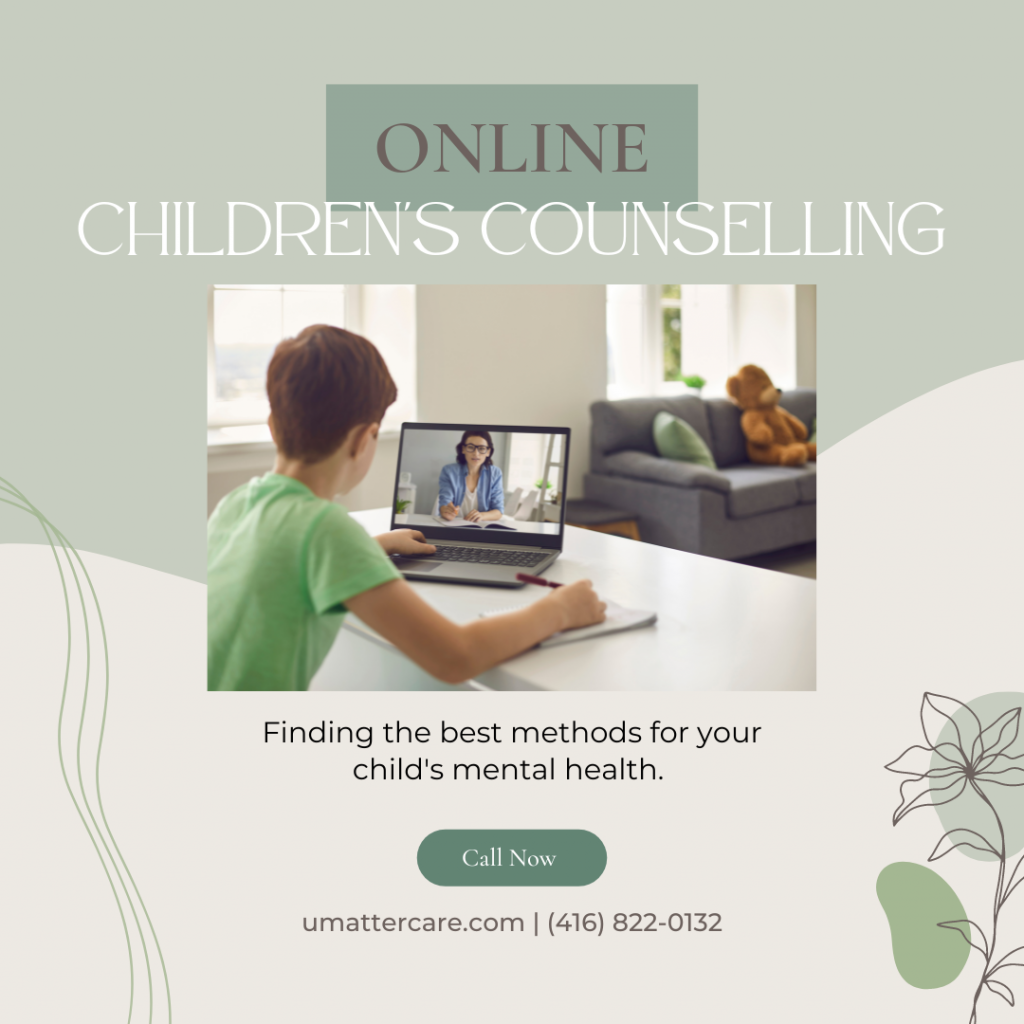
Growing up with addicted parents can be a challenging and traumatic experience for children, but it is not an insurmountable one. With the right support and resources, children can learn to overcome the challenges they face and build a fulfilling and happy life for themselves. By recognizing the impact of addiction on families and communities, we can work together to provide the support and resources necessary to help children of addicted parents thrive.
Setting healthy boundaries in a relationship is a crucial step towards ensuring that both partners are happy and respected. Boundaries help to create a clear understanding of what is and isn’t acceptable in a relationship, and they can help prevent misunderstandings and hurt feelings. If you’re looking to set healthy boundaries in your relationship, here are some things to keep in mind.
What are the boundaries in a relationship?
Boundaries are the limits we set for ourselves in a relationship. These limits can be physical, emotional, or intellectual, and they help us to define our needs and values. Boundaries allow us to communicate our expectations to our partners and help us to feel safe and respected.
Examples of boundaries in a relationship might include:
• Refusing to engage in physical intimacy before a certain stage in the relationship
• Limiting the amount of time you spend with your partner’s family
• Asking for space when you need it
• Refusing to engage in arguments that are abusive or disrespectful
Why are boundaries important?
Boundaries are important because they help us to maintain a healthy sense of self within a relationship. They allow us to feel safe and respected, and they give us the freedom to express ourselves without fear of judgment or rejection. Without boundaries, it can be easy to lose sight of our own needs and desires, and we may find ourselves compromising our values or sacrificing our happiness for the sake of the relationship.
How to set healthy boundaries in a relationship
Identify your needs and values
The first step in setting healthy boundaries is to identify your needs and values. Ask yourself what is important to you in a relationship and what you need to feel happy and fulfilled. Be honest with yourself and don’t be afraid to set boundaries that may be unpopular or difficult for your partner to accept.
Communicate clearly
Once you have identified your needs and values, it’s important to communicate them clearly to your partner. Be specific about what you are and are not willing to tolerate in the relationship, and be prepared to listen to your partner’s concerns as well.
Be consistent
Consistency is key when it comes to setting boundaries. If you say that you are not comfortable with certain behavior, be consistent in enforcing that boundary. If you allow your partner to cross a boundary once, they may assume that it’s okay to do so again in the future.
Respect your partner’s boundaries
Setting healthy boundaries is a two-way street. Just as you expect your partner to respect your boundaries, you must also be willing to respect theirs. Be open to compromise and be willing to adjust your own boundaries if necessary.
Seek support
Setting boundaries can be difficult, especially if you are in a relationship with someone who is used to having their own way. If you are struggling to set healthy boundaries, consider seeking support from a therapist or counselor. They can provide you with the tools and resources you need to communicate effectively with your partner and maintain a healthy relationship.
In conclusion, setting healthy boundaries in a relationship is essential for maintaining a happy and fulfilling partnership. By identifying your needs and values, communicating clearly, being consistent, respecting your partner’s boundaries, and seeking support when necessary, you can create a relationship that is built on mutual respect and understanding.
Relationship between grief and substance abuse
Our professional team at the Toronto treatment centre understands how grief and substance abuse can be related. For some people, substance abuse may be a way of coping with the pain and emotional distress of grief. This is particularly true for people who have lost someone close to them or have experienced a major life event, such as a divorce or job loss. Substance abuse can provide temporary relief from the intense feelings of sadness, loneliness, and hopelessness that often accompany grief.
Poor anger management can lead to the use of drugs, alcohol and other addictive substances
What is anger
- Cultural groups fighting for human rights
- Nations getting together to change a system in power
- Individuals advocating for changing a law
- Communities pursuing changes for a better future


How does anger affect us
Anger can be an instantaneous reaction to an event, or a buildup of unexpressed negative emotions experienced over time and stored within us. As we experience anger, our body releases the stress hormones that during a prolonged period of time can damage our physical and mental well-being.
Anger damages our brain
Stress hormones released from anger hurt our cognitive processes such as short-term memory, decision making, and judgement. As a result, when anger is not well-managed, we act inappropriately toward others by offending, assaulting or abusing them. We might take rushed decisions and possibly use drugs or abuse alcohol to calm us down. Anger can decrease our ability to focus in situations that require clear and quick responses such as driving. Manifesting anger can become a way of living an unhealthy and destructive life.


Anger damages our heart
Anger can damage our heart in more than just a physical way by increasing our heart rate and blood pressure and causing other heart issues. It can also destroy relationships with our partners, family members, and friends and cause unnecessary issues and headaches in the work environment. Manifestation of anger in an unhealthy way can indeed have a negative impact on our children’s present and future as it creates an unsafe and threatening environment for their growth.
Talk to a healthcare professional
Often anger comes from underlying health issues. Depression, anxiety, alcohol abuse, drug use and other mental health conditions, as well as the inability to deal with everyday stresses, can make you feel irritable, overwhelmed, or even out of control. Don’t wait for things to get ugly. Take control of your anger and learn how to manage it. Get professional help and improve your life.

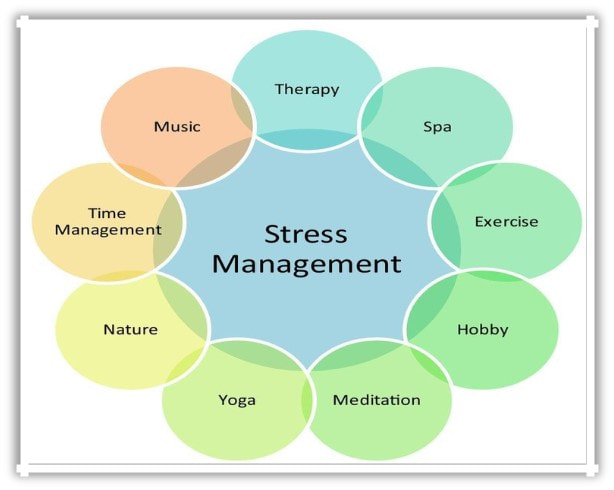
Learn ways to deal with stress
Learn breathing exercises: deep breathing relaxes our mind and lowers the heart rate.
Stress control: yoga, meditation, dance and other activities are a great way to release stress in a positive way.
Take it easy: accept the others for who they are, think like “the bigger person” when someone does things that are not done “your way” and distant yourself from the situations you can’t change or fix.
Find new hobbies: explore new thing to do and interests that make you happy, content and give you a sense of fulfillment.
